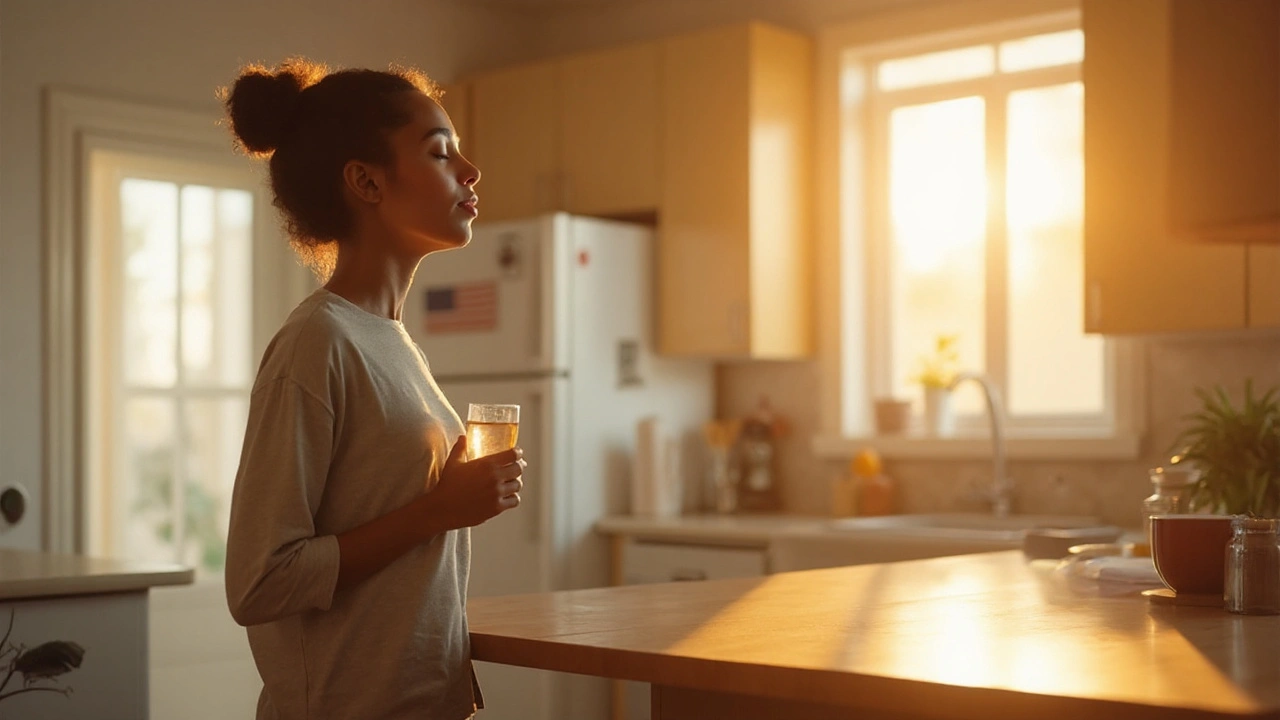Prevent Hiccups: Quick, Easy Ways to Stop the Spasm
If a hiccup pops up out of nowhere, you probably wish you had a go‑to trick to make it disappear. The good news is you don’t need a prescription or fancy gadget. A handful of simple moves you can do in your kitchen or at your desk can often end the rhythm before it becomes annoying.
Why Hiccups Happen
Hiccups are just involuntary pulls of the diaphragm—the muscle that helps you breathe. When something irritates the diaphragm or the nerves that control it, you get that little “hic” sound. It can be caused by eating too fast, drinking carbonated drinks, a sudden temperature change, or even nerves that are a bit overstimulated.
Proven Ways to Prevent and Stop Hiccups
1. Hold your breath – Take a deep breath and hold it for about 10‑15 seconds. This builds up carbon dioxide in your blood, which can calm the diaphragm.
2. Sip cold water – Drink a glass of cold water slowly, or gulp it down quickly if you prefer the shock method. The swallowing action helps reset the diaphragm’s rhythm.
3. Swallow a teaspoon of sugar – The grainy texture stimulates the vagus nerve, which often stops the hiccup cycle.
4. Use a paper bag – Breathe in and out of a small paper bag for a minute. Increasing CO₂ levels can relax the diaphragm, but stop if you feel dizzy.
5. Pull on your tongue – Gently pull the tip of your tongue forward. It triggers nerves in the throat and can break the spasm.
6. Drink from the opposite side of a glass – Tilt the glass so you’re drinking from the far rim. This changes the way you swallow and can interrupt hiccups.
7. Bite a lemon or sip vinegar – The sour taste sends a strong signal to the nerves in your mouth, which can override the hiccup signal.
8. Peanut butter trick – Take a spoonful of smooth peanut butter, hold it in your mouth for a few seconds, then swallow. The sticky texture forces a coordinated swallow that can reset the diaphragm.
Most of these tricks work by either increasing CO₂, stimulating the vagus nerve, or forcing a controlled swallow. Try one method, and if it doesn’t work, move to the next. Often the combination of two—like holding your breath right after a sip of cold water—does the job in seconds.
Prevention is just as easy. Slow down when you eat, avoid gulping carbonated drinks, and try not to talk while chewing. If you know certain foods or drinks trigger hiccups for you, keep them on the back burner.
Remember, hiccups usually go away on their own. If they stay longer than 48 hours or cause severe discomfort, it’s wise to check with a healthcare professional. But for the everyday hiccup, these cheap, quick fixes are usually enough to get you back to normal conversation.
How to Prevent Hiccups: Simple Tips to Stop the Annoying Spasms
Learn fast, science‑backed ways to prevent hiccups. From breathing tricks to smart eating habits, stop those annoying spasms before they start.
Read more